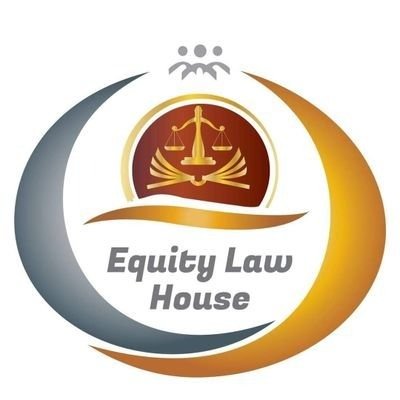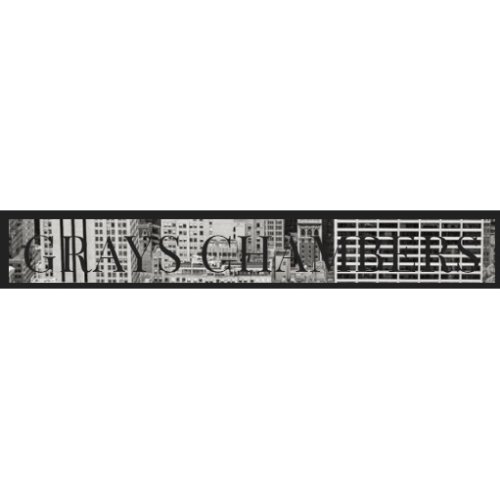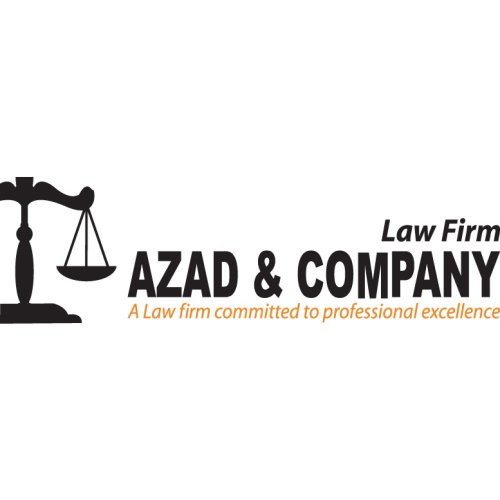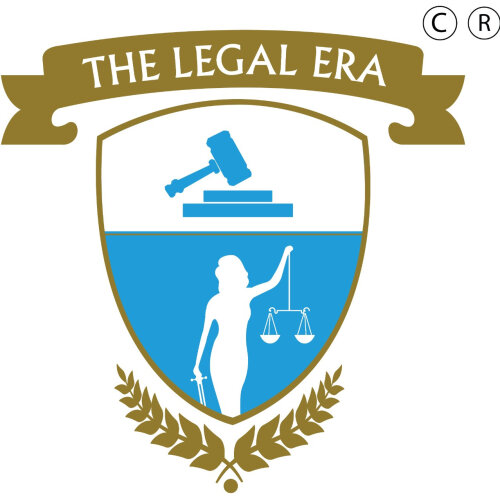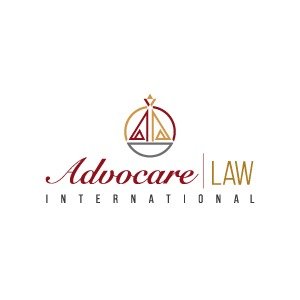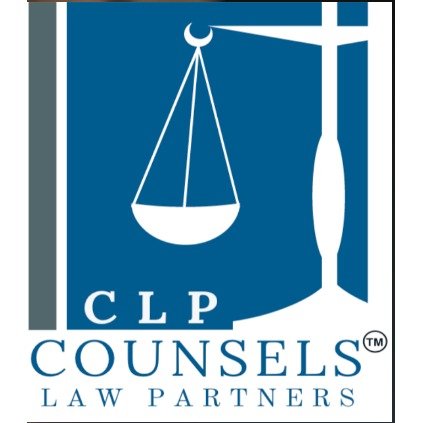Best Structured Finance Lawyers in Bangladesh
Share your needs with us, get contacted by law firms.
Free. Takes 2 min.
Or refine your search by selecting a city:
List of the best lawyers in Bangladesh
About Structured Finance Law in Bangladesh
Structured Finance in Bangladesh refers to a range of innovative financial instruments and mechanisms that allow complex funding solutions for businesses, financial institutions, and governments. These solutions typically go beyond traditional lending and borrowing and often involve securitization of assets, collateralized obligations, project financing, and other advanced financial products. As the Bangladeshi economy grows, structured financial transactions are increasingly used to fund large infrastructure, manufacturing, and commercial projects. The legal framework for structured finance is still evolving in Bangladesh, so obtaining accurate legal guidance is essential.
Why You May Need a Lawyer
Structured Finance transactions are sophisticated and can involve several parties, intricate legal documentation, and regulatory compliance issues. Here are some common situations where legal expertise is crucial:
- Negotiating and drafting complex finance agreements for projects or acquisitions
- Structuring asset securitization, including mortgage-backed or asset-backed securities
- Ensuring compliance with national and international financial regulations
- Handling cross-border structured finance transactions
- Risk assessment and mitigation in large-scale financing projects
- Dispute resolution or managing defaults related to structured finance products
- Assessing tax implications of structured finance deals
- Advising on Shariah-compliant structured finance instruments
Because the laws surrounding structured finance are detailed and still developing in Bangladesh, professional legal advice can help protect your interests, ensure transactions proceed smoothly, and minimize risk.
Local Laws Overview
Several key aspects of Bangladeshi law are relevant to structured finance:
- Bangladesh Bank Guidelines - Bangladesh Bank, the central bank, regulates financial sector activities. It issues directives and circulars concerning capital requirements, securitization, and risk management.
- Companies Act, 1994 - Governs the formation, operation, and winding up of companies, including aspects relevant to structured finance transactions and special purpose vehicles.
- Securities and Exchange Commission (SEC) Regulations - The SEC oversees issuance and trading of securities, including asset-backed securities and bonds.
- Income Tax Ordinance, 1984 and VAT Law - These statutes determine the tax treatment of structured finance transactions.
- Contract Act, 1872 - Sets the foundation for all contracts in Bangladesh, including structured financial agreements.
- Foreign Exchange Regulation Act, 1947 - Controls cross-border financial flows, relevant for international structured finance deals.
Legal documentation and compliance in structured finance must be carefully crafted to align with these laws. Regulatory approvals might be required for certain transactions, especially in projects involving foreign investment or public sector entities.
Frequently Asked Questions
What is structured finance?
Structured finance refers to sophisticated financial instruments designed to manage risk and facilitate large or complex financing. It usually involves pooling and repackaging cash-flow-generating assets into securities that can be sold to investors.
Who regulates structured finance in Bangladesh?
Structured finance is regulated mainly by Bangladesh Bank and the Bangladesh Securities and Exchange Commission (BSEC). Other applicable laws are enforced by the National Board of Revenue and the Registrar of Joint Stock Companies and Firms.
Can foreign investors participate in structured finance deals in Bangladesh?
Yes, foreign investors can participate, subject to laws governing foreign direct investment and foreign exchange regulations. Approvals from Bangladesh Bank and adherence to BSEC rules are often necessary.
Are there specific laws for securitization in Bangladesh?
While there is no dedicated securitization law yet, asset-backed securitization is possible under general financial and securities laws. Guidelines from Bangladesh Bank and the SEC must be closely followed.
What role does a Special Purpose Vehicle (SPV) play in structured finance?
An SPV is a separate legal entity created to isolate assets or manage specific risks. It is commonly used in securitization, project finance, and off-balance sheet transactions, providing legal and financial separation between the assets and the originating company.
What are the tax implications of structured finance products?
Tax treatment depends on the transaction structure and type of instrument used. Proper legal advice is necessary for planning and compliance, as tax laws can affect profits, interest payments, and repatriation of funds.
Is Islamic structured finance available in Bangladesh?
Yes, Bangladesh offers Shariah-compliant structured finance instruments, particularly through Islamic banks and Islamic financial institutions. These are designed to align with Islamic law, avoiding interest and speculative elements.
How are defaults or disputes handled?
Dispute resolution usually follows procedures set out in the transaction contracts, which may include arbitration or court action. Legal counsel is essential to protect your interests during enforcement or restructuring.
What is project finance and how is it structured in Bangladesh?
Project finance involves funding large projects where repayment depends on project cash flows. It typically uses SPVs, limited recourse financing, and multiple contractual arrangements. Compliance with regulatory and sectoral guidelines is crucial.
How do I ensure my structured finance deal complies with all laws?
Engage experienced legal advisors, conduct thorough due diligence, and work closely with regulatory bodies. Legal experts can draft agreements, obtain necessary approvals, and help manage risks in compliance with relevant laws.
Additional Resources
For more information or official guidance on structured finance in Bangladesh, the following resources can be helpful:
- Bangladesh Bank - Supervisory and regulatory authority for banks and financial institutions
- Bangladesh Securities and Exchange Commission (BSEC) - Regulatory body for securities and capital markets
- National Board of Revenue (NBR) - Responsible for tax matters, including those affecting financial transactions
- The Law Commission Bangladesh - Reviews and recommends reforms for laws that may affect structured finance
- International Chamber of Commerce Bangladesh - Source of standards and best practices, especially for cross-border finance
- Bangladesh Investment Development Authority (BIDA) - Resource for foreign investment and project finance information
Next Steps
If you believe you need legal assistance in structured finance, consider the following steps:
- Identify your specific needs and objectives for the structured finance transaction
- Prepare and organize any relevant documents, business plans, or project information
- Consult with an experienced lawyer or law firm specializing in finance and banking law in Bangladesh
- Discuss your options, risks, and compliance requirements with your legal advisor
- Work with your lawyer to draft, review, and negotiate transaction documents
- Ensure all regulatory approvals and filings are in place before proceeding
- Stay engaged throughout the process to respond to any legal, financial, or regulatory issues as they arise
Taking these steps will help ensure your structured finance transaction is legally sound, properly documented, and compliant with Bangladeshi law.
Lawzana helps you find the best lawyers and law firms in Bangladesh through a curated and pre-screened list of qualified legal professionals. Our platform offers rankings and detailed profiles of attorneys and law firms, allowing you to compare based on practice areas, including Structured Finance, experience, and client feedback.
Each profile includes a description of the firm's areas of practice, client reviews, team members and partners, year of establishment, spoken languages, office locations, contact information, social media presence, and any published articles or resources. Most firms on our platform speak English and are experienced in both local and international legal matters.
Get a quote from top-rated law firms in Bangladesh — quickly, securely, and without unnecessary hassle.
Disclaimer:
The information provided on this page is for general informational purposes only and does not constitute legal advice. While we strive to ensure the accuracy and relevance of the content, legal information may change over time, and interpretations of the law can vary. You should always consult with a qualified legal professional for advice specific to your situation.
We disclaim all liability for actions taken or not taken based on the content of this page. If you believe any information is incorrect or outdated, please contact us, and we will review and update it where appropriate.
Browse structured finance law firms by city in Bangladesh
Refine your search by selecting a city.




